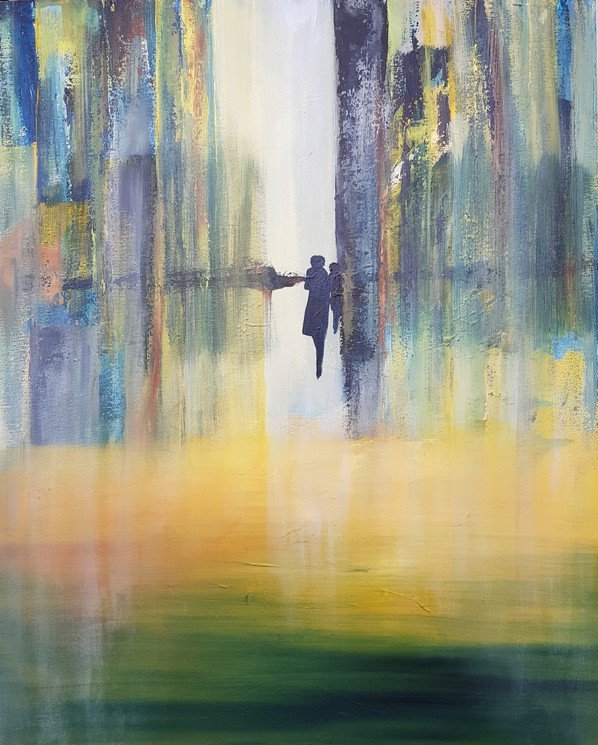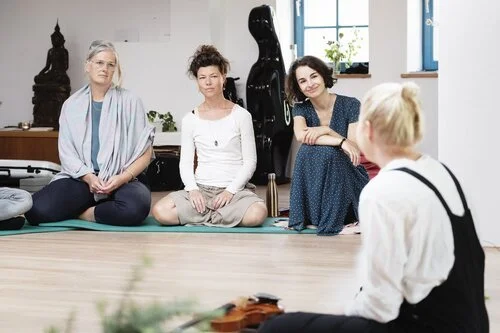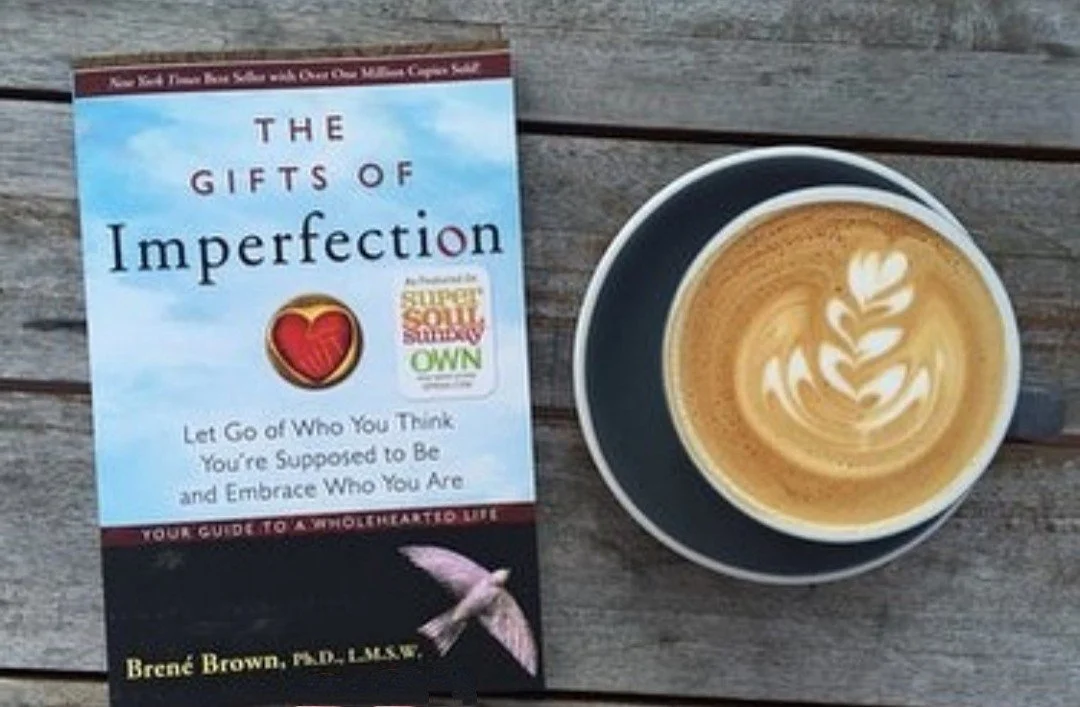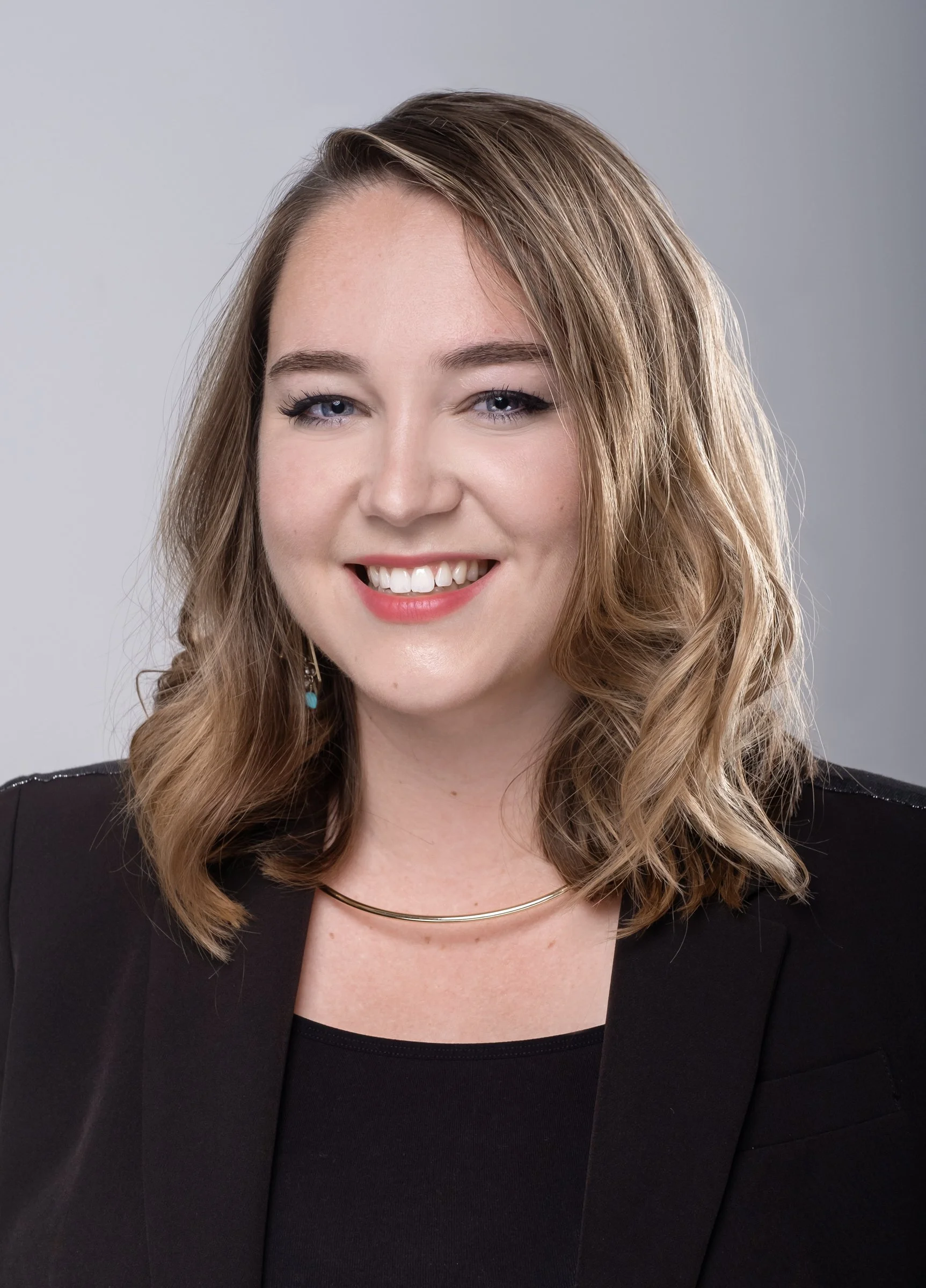BLOG
In association with the Royal Society of Musicians
Welcome to the TMDTA blog!
In addition to the podcast, we wanted to provide a space of written stories, reflections and peer support. Do get in touch via the contact page if you’d like to write a blog piece for us!
What does it feel like to perform during an episode of mental illness?
TW: OCD and depression
People really want to talk now and I get annoyed when they ask me about my life or plans for the future. I can’t believe a future exists really. I can’t believe anyone could ever be positive about anything much.
Perusing classical music’s social media requires strength
The internal let down is big when we see people’s successes. When someone succeeds, I feel I am being personally attacked by my ego for not achieving a similar status. I am a small child begging for attention and recognition within a profession that gives it rarely.
I’m not ready to talk
It’s not always the right time to share an internal struggle, but we should be able to make that choice
What am I throwing away though?
We speak of degrees, arts, careers and intelligence going to waste in search of anything else. Those that mourn our decisions to let go misunderstand. We are allowed to push and achieve and then move on. I really believe that nothing is wasted in art.
I have censored myself so that you don’t have to
TW: Self-harm
I censor myself so that I don’t get let down. I am so sure of being unpalatable that I can’t speak about my addiction easily or as freely as I speak about my OCD.
An Interview with Alina Pogostkina: founder of Mindful Music Making
TMDTA blog contributor Emma Baird shares her interview with violinist Alina Pogostkina. She speaks with Alina about the realities of being a child prodigy and Alina’s movement towards whole and kind music making. They speak about upcoming projects with Alina’s organisation Mindful Music Making and how you can get involved
Musicians and maladaptive coping- disordered eating
Hattie shares her experience with disordered eating and offers insights and suggestions as to why food control and eating disorders can be prevalent among classical musicians.
The bare necessities
Georgia Dawson writes about the realities of freelance teaching and the importance of advocating for self-care when suffering from a mental illness
On music, passions and related fields
Anna Johannsen shares her thoughts on following passions, however untrodden that path may be.
The most important books I’ve read
Hattie shares the books that have had a profound impact on her life and continued healing from mental illness as a musician
2021: The year I shifted my career path and started an MBA
Francesca Leo takes us through the journey of risk, vulnerability and creativity as she leaves flute performance focus to undertake an MBA
I don’t feel like I’ve lost
Georgia Dawson questions to what extent conservatoire can limit our aspirations. She explores what happens when we pitch career paths against each other, rather than respecting a personalised and fulfilling trajectory
REBLOG BAPAM Guest Blog: Things Musicians Don’t Talk About – Musicians Injury Awareness Week
“At its worst, injury can change the course of a musician’s life, having a dramatic emotional, financial and social impact. Awareness is about bringing together the wisdom of those who have suffered, expert knowledge from professionals and information from researchers to help people overcome problems and end the stigma of injury. The greatest time of healing for me has always been when I have felt part of a community of others who know my suffering, the knowledge of community bringing an end to the shame we feel. “
Make Some Noise
“Somehow, this society of instant gratification and self-expression has left Classical Music behind on an inaccessible desert island, with only a couple of hundred years’ worth of staple repertoire leftover for firewood.”
Stuck in-between
“I’m not seeking enlightenment, just a place of security, protection. It’s risky leaving behind everything you know are are used to and I find myself unable to stifle the sense of loss. Of people and places and good times. But I suppose with risk you allow yourself the opportunity to make new connections and new experiences, and it certainly doesn’t mean you lose the old ones. Not really.”
7 Beyond-Physical Perks of Yoga
“The assumptions about this thing called yoga spread far and wide. Most commonly, they will sound something like this:
‘there is no point in doing it because I am not flexible enough’
‘it is far too slow and boring for me – why not work up a sweat in a quicker way?’
‘I will look ridiculous trying to do fancy poses like the ones in that magazine’”
Practice as play
“Making our play into our work is radical, but important if we are to find solace and enjoyment within our practice spaces.”
Disordered practice is a mental health issue
“Of course it is almost inevitable, and not inherently wrong, that creative people go through a level of structure, focus and comparison in order to improve and reach a high standard, but this structure has been abused. We are at a potentially dangerous place within our profession. By controlling the way that young people think about practice and technical ability, we are leading them to believe that disordered practice methods are entirely synonymous with being a worthy musician. “
Our fear of being unprepared won’t end well
“To be unprepared is to be alive. I can’t be ready for the future because the future is out of my control. I can decide to prepare in line with my physical and mental health, understanding that my love for the cello is a mutual affair. If I push myself too hard, the burn out forces me to stop. If I don’t push at all, I sense a longing and my life feels hollow in some way.”






















